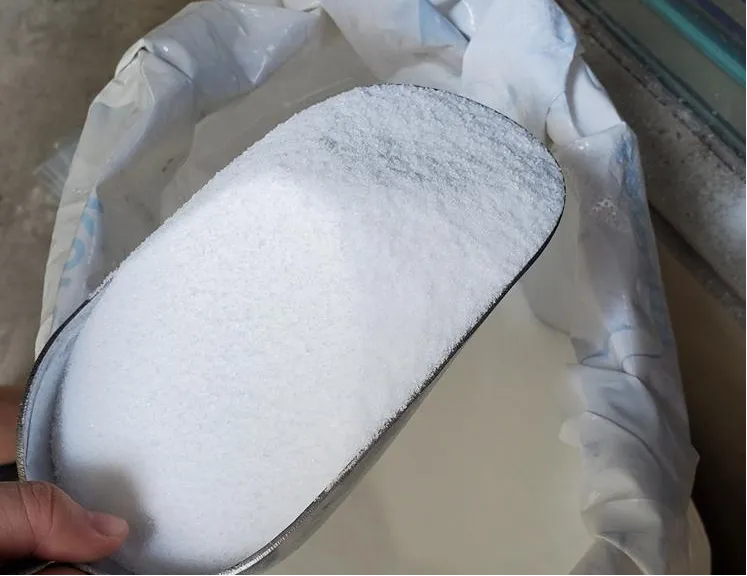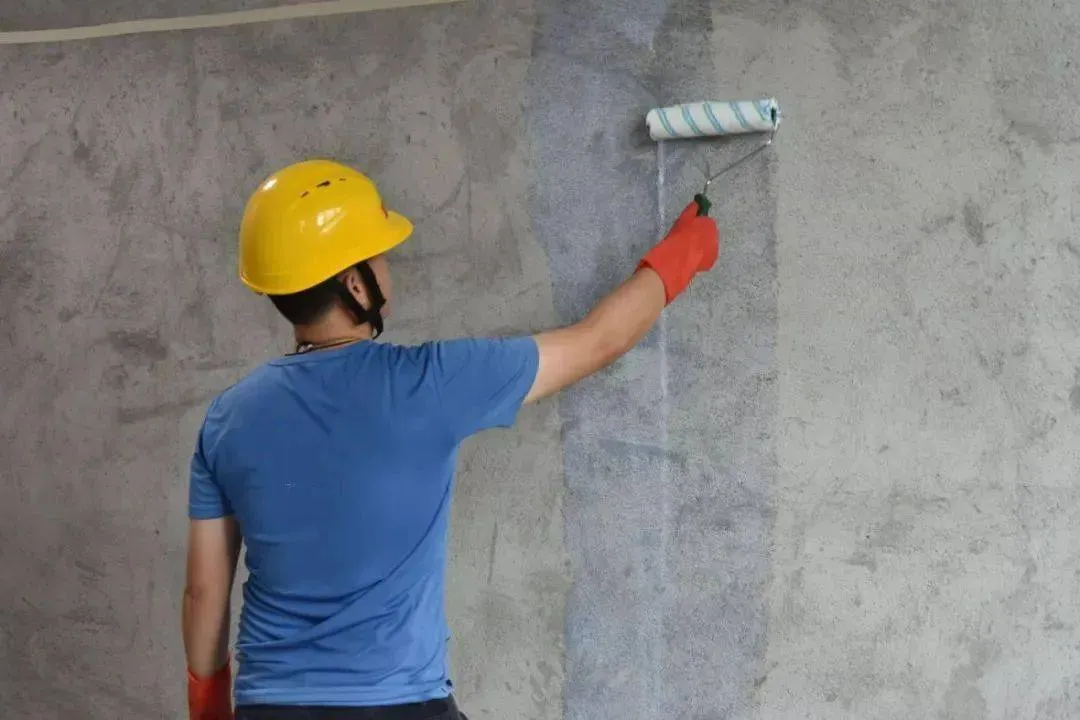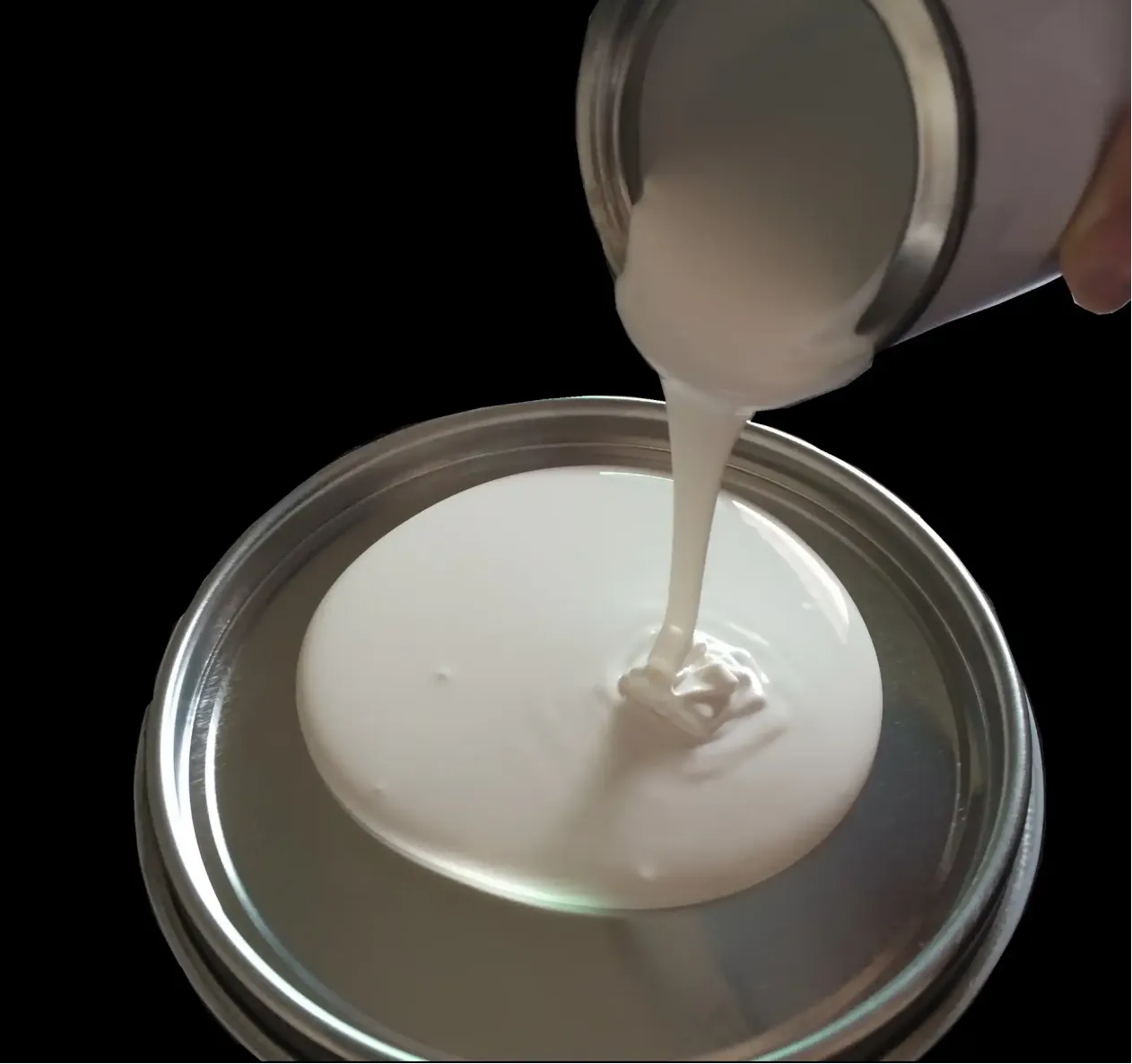
Polyvinyl Alcohol and Polyvinyl Acetate: Versatile Materials for Modern Construction and Industry
In the world of construction, coatings, and adhesives, polyvinyl alcohol (PVA) and polyvinyl acetate (PVAc) are two critical materials that offer flexibility, strength, and environmental advantages. From adding PVA to cement for enhanced bonding to using polypropylene fibers for concrete reinforcement, these materials contribute to stronger, longer-lasting structures. This article explores PVA types, their applications in rendering and plastering, and key insights into polyvinyl acetate manufacturers and pricing.

1. Understanding PVA Types and Their Applications
Polyvinyl alcohol powder, commonly referred to as PVA, is a water-soluble synthetic polymer known for its excellent adhesive and film-forming properties. Available in various PVA types, these powders differ in molecular weight and degree of hydrolysis, which directly impact their solubility of polyvinyl alcohol in water. Fully hydrolyzed PVA dissolves in hot water, while partially hydrolyzed grades dissolve even in cold water, making them ideal for diverse applications.
But is polyvinyl alcohol a plastic? Technically, PVA is a synthetic polymer, but it is not considered a conventional plastic like polyethylene or polypropylene because of its biodegradability and water solubility. This unique feature makes it widely used in polyvinyl alcohol adhesive formulations for wood, paper, and textiles.
In building and decorating, general purpose PVA acts as a sealer or primer. Contractors often apply PVA before painting to seal porous walls, improving paint adhesion. Similarly, PVA before render is recommended to reduce suction and prevent premature drying of render coats. For ceilings, applying PVA ceiling before plastering or PVA walls before plastering ensures a smooth, well-bonded finish.

2. Polyvinyl Acetate and Reinforcement Innovations
While PVA focuses on adhesion and sealing, polyvinyl acetate emulsion is the core of many adhesives and paints. Leading polyvinyl acetate manufacturers produce emulsions tailored for different industries. The polyvinyl acetate emulsion price varies based on solid content, viscosity, and additives such as plasticizers or thickeners.
In construction, reinforcement is equally important. Adding polypropylene fibers for concrete helps reduce shrinkage cracking and improves durability. When used alongside adding PVA to cement, contractors create high-performance mixes that resist water ingress and deliver superior adhesion on challenging surfaces like exterior walls.
For external applications, exterior PVA for rendering creates a weather-resistant layer, shielding buildings from moisture and environmental stress.

3. Market Insights and Safety Considerations
The supply of these materials is supported by global polyvinyl alcohol suppliers who deliver technical-grade and food-grade PVAs. Builders and manufacturers often request polyvinyl alcohol MSDS PDF files to ensure safe handling, as PVA requires attention to dust control and storage in dry conditions.
Another important property is polyvinyl alcohol solubility, which determines its performance in adhesives and coatings. Since PVA is highly compatible with cementitious and gypsum-based products, it remains the go-to choice for professional renderers and painters seeking dependable surface preparation.
Why Choose PVA and PVAc in Your Projects?
As green building standards grow stricter, biodegFrom sealing walls and ceilings with general purpose PVA to sourcing innovative solutions from polyvinyl alcohol suppliers, these materials empower builders to achieve better results. Whether you are exploring PVA types for crafting adhesives or studying polyvinyl acetate emulsion price trends for bulk procurement, investing in high-quality PVA and PVAc ensures durable, professional finishes in construction and beyond.
radable polymers like polyvinyl alcohol plastic and eco-friendly reinforcement options such as polypropylene fibers for concrete are set to dominate the market.
Take the next step today: source premium-grade PVA and PVAc from trusted suppliers, request technical data sheets, and enhance your construction or manufacturing processes with these versatile polymers.
FAQs
What are the main PVA types used in construction?
Fully hydrolyzed and partially hydrolyzed polyvinyl alcohol powders are commonly used. The choice depends on water solubility and intended application.
Is polyvinyl alcohol a plastic?
While it is a synthetic polymer, PVA is not classified as a traditional plastic due to its biodegradability and water solubility.
Why use PVA before painting or plastering?
Applying PVA before painting or PVA walls before plastering seals porous surfaces and improves adhesion for long-lasting finishes.
What is the solubility of polyvinyl alcohol in water?
Polyvinyl alcohol is water-soluble, but fully hydrolyzed grades dissolve in hot water, while partially hydrolyzed types dissolve in cold water.
Who are the leading polyvinyl alcohol suppliers and polyvinyl acetate manufacturers?
Global suppliers include Kuraray, Sekisui, and Celanese, offering technical-grade and industrial-grade PVAs and PVAc emulsions.
-
Hydroxypropyl Starch as a Sustainable Construction AdditiveNewsNov.24,2025
-
The Gelation Properties of CMCNewsNov.21,2025
-
Redispersible Latex Powder and Water Retention CapacityNewsNov.21,2025
-
Dosage Control for Polycarboxylate Water ReducerNewsNov.21,2025
-
Film-Forming Properties of Polyvinyl AlcoholNewsNov.21,2025
-
The Function of Gypsum Additives in MortarNewsNov.21,2025





















